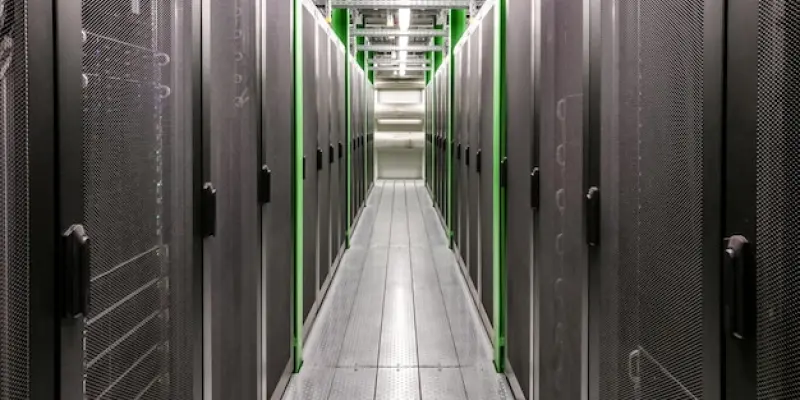In a significant strategic shift, BluSky AI Inc. has transitioned away from its former identity as Inception Mining, a company devoted to precious metals extraction, and redirected its focus towards providing modular data centers. This move marks a response to the rapidly growing demand for artificial intelligence, driving the need for scalable and energy-efficient data infrastructure. Headquartered in Salt Lake City, Utah, BluSky AI now aims to deliver prefabricated modular data centers that promise quick assembly and seamless integration, catering specifically to the requirements of the AI market. CEO Trent D’Ambrosio has emphasized the company’s vision, which centers on empowering the AI ecosystem by supplying critical infrastructure, thus enabling companies to concentrate on their core innovation efforts.
Meeting the Growing AI Demands
BluSky AI is making a bold move by expanding across multiple locations in the U.S., offering data center capacities from 1MW to 60MW. This shift is a response to the rising computational demands driven by advancements in AI technologies. Their modular data center solutions are built with scalability and energy efficiency in mind, providing businesses with necessary infrastructure for AI and compute-heavy applications. While specific details of these modular offerings remain undisclosed, BluSky’s focus aligns with industry trends toward sustainable and adaptable data infrastructure. Known as Inception Mining since 2007, the company managed operations like the Clavo Rico gold mine in Honduras, which processed 1,000 tons of ore daily. Now, divesting this operation to Mother Lode Mining marks BluSky’s shift away from mining. This signifies a full commitment to supporting the AI industry. By repositioning themselves, BluSky AI is set to become a major player in the technological landscape, where the demand for sophisticated data centers is rising. This strategic move reflects a larger industry trend towards modular and scalable data center infrastructure. This approach prioritizes sustainability and flexibility, meeting growing computational demands. BluSky AI aims to support the AI ecosystem, enabling companies to innovate without infrastructure limitations. Their transformation illustrates how companies adapt to market changes and leverage opportunities to redefine their business models. As the AI sector grows, so does the need for capable data infrastructure. By shifting from mining to modular data centers, BluSky AI addresses future computational challenges. Their focus on sustainability and flexibility is key to meeting future demands, playing a vital role in AI’s evolution.

